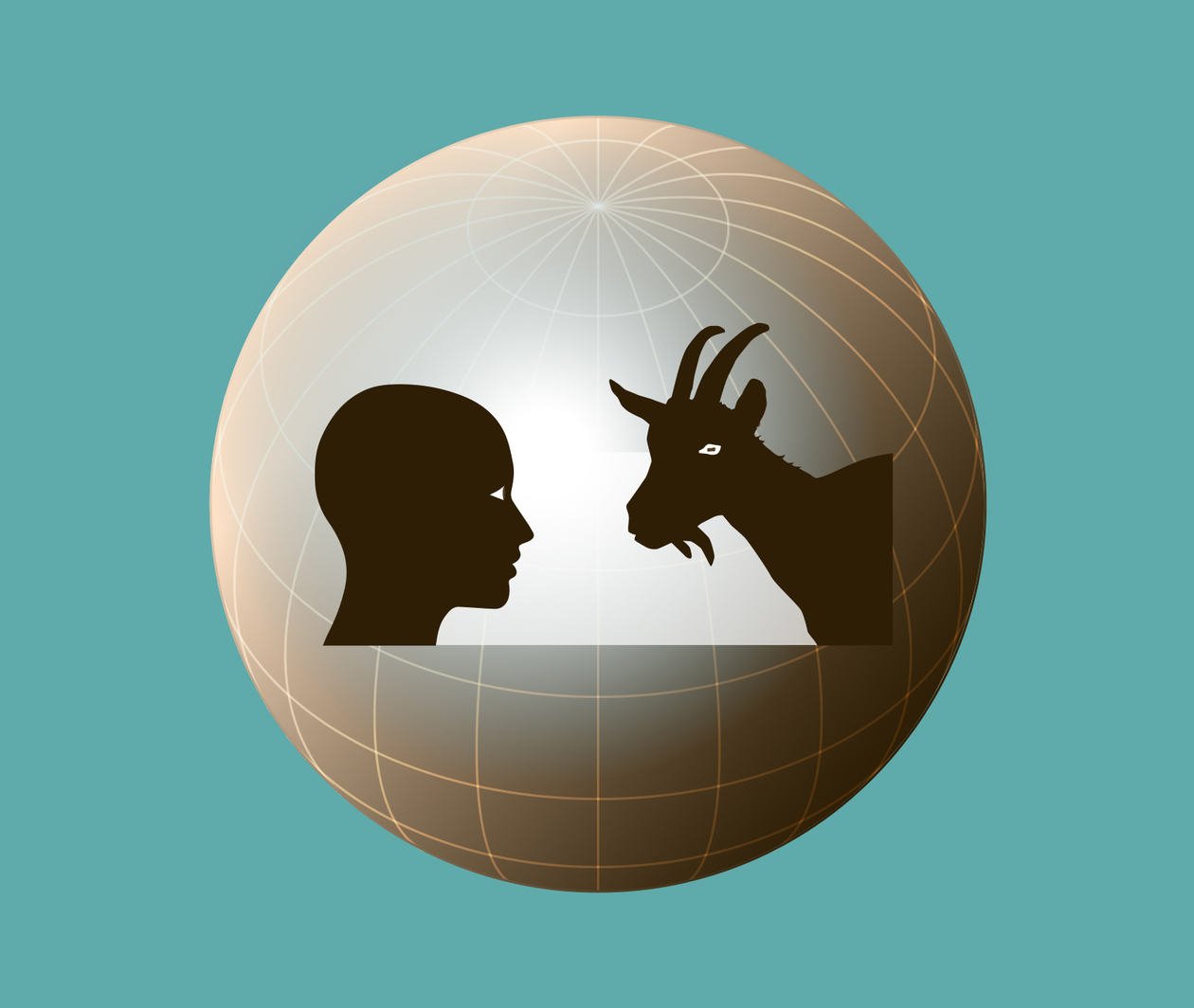Become familiar with One Health, a promising concept, and the effective solutions it provides for urgent health problems.

Duration
6 weeksWeekly study
5 hours
One Health: Connecting Humans, Animals and the Environment
Other courses you might like
This course isn't running right now. We can email you when it starts again, or check out these other courses you might like.
Browse more in Healthcare & Medicine
Expand how you address health issues, learning from top One Health experts.
In today’s globalised world, old diseases persist and new illnesses spread faster than ever thanks to interconnected ecosystems and the close ties between humans and animals. Stressing this interrelatedness, One Health calls for closer cooperation between human and animal health. This course explores how One Health works in practice, bringing together different scientific perspectives. You will, for instance, study vaccination coverage data and discuss food safety enhancement. You learn how to calculate the added value resulting from the One Health approach using case studies.
What topics will you cover?
- Advantages of a closer cooperation between human and animal health
- Transdisciplinary processes that can solve an everyday One Health problem
- Shortfalls resulting from poor communication between human doctors and veterinarians
- Social-ecological perspectives for the improvement of human and animal well-being
- Fundamental principles of cross-sector human and animal health economics
- Environmental policy and law that supports food safety
- Prevention of diseases from livestock to human via food
- Matrix calculations to describe growth rates of populations
- Principles of disease transmission dynamics between humans and animals
- Collection of vaccination coverage data
- Interpretation of vaccination coverage data
- The rabies problem in the World and the potential for its elimination in Africa
When would you like to start?
Date to be announced
Add to Wishlist to be emailed when new dates are announced
Learning on this course
On every step of the course you can meet other learners, share your ideas and join in with active discussions in the comments.
What will you achieve?
By the end of the course, you‘ll be able to...
- Summarise the many advantages of a closer cooperation between human and animal health.
- Describe the fundamental principles of cross-sector human and animal health economics.
- Explain how the transmission of diseases from livestock to human via food can be prevented.
- Discuss the environmental policy and law that supports food safety.
- Debate how food safety can benefit from One Health.
- Develop ideas for transdisciplinary processes that can solve an everyday One Health problem.
- Reflect on the problems that arise from poor communication between human doctors and veterinarians.
- Investigate social-ecological perspectives for the improvement of human and animal well-being.
- Identify the rabies problem in the World and the potential for its elimination in Africa.
- Investigate through practical case studies the collection of vaccination coverage data.
- Calculate matrices to describe growth rates of populations.
- Interpret tables of vaccination coverage data.
- Calculate transmission dynamics of diseases between humans and animals
Who is the course for?
This course is designed for anyone with an interest in the relationship between humans and animals in different cultures.
You don’t need any prior knowledge of human or veterinary medicine to benefit from thise course. It will be useful for non-professionals as well as health professionals and those working in politics, NGOs, and students of veterinary and human medicine throughout the world.
What software or tools do you need?
To take part in this course it is helpful to have access to a spreadsheet calculation program. However, you may also calculate the examples by hand on paper.
What do people say about this course?
"This was the best One Health course I have experienced so far, and I will absolutely recommend it to everyone. "
Who will you learn with?
Professor of Epidemiology at the Swiss Tropical and Public Health Institute and the University of Basel, Switzerland.
I'm a vet by training and now the leader of the Mobile Populations and Health research group of the Human and Animal Health Studies unit at Swiss TPH. I mainly work in Africa, Asia and Switzerland.
Veterinary-Epidemiologist, working in the area of capacity building in One Health by addressing risk analysis and zoonoses control and elimination pathways in Africa.
Learning on FutureLearn
Your learning, your rules
- Courses are split into weeks, activities, and steps to help you keep track of your learning
- Learn through a mix of bite-sized videos, long- and short-form articles, audio, and practical activities
- Stay motivated by using the Progress page to keep track of your step completion and assessment scores
Join a global classroom
- Experience the power of social learning, and get inspired by an international network of learners
- Share ideas with your peers and course educators on every step of the course
- Join the conversation by reading, @ing, liking, bookmarking, and replying to comments from others
Map your progress
- As you work through the course, use notifications and the Progress page to guide your learning
- Whenever you’re ready, mark each step as complete, you’re in control
- Complete 90% of course steps and all of the assessments to earn your certificate
Want to know more about learning on FutureLearn? Using FutureLearn
Learner reviews
Learner reviews cannot be loaded due to your cookie settings. Please and refresh the page to view this content.
Do you know someone who'd love this course? Tell them about it...
You can use the hashtag #FLonehealth to talk about this course on social media.

